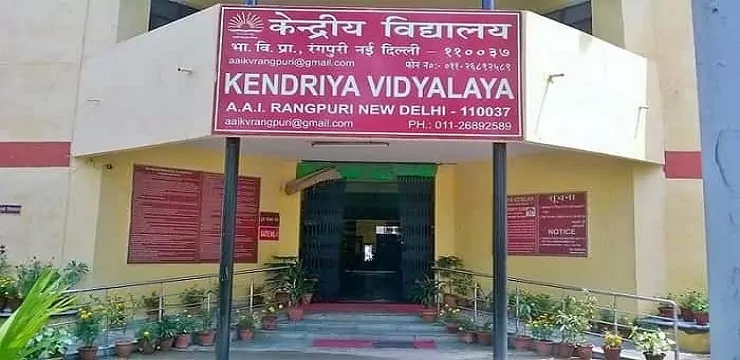The Uttarakhand High Court recently denied the dismissal of a case filed under Section 295A of the Indian Penal Code against a district secretary of Rashtriya Hindu Vahini. The accused had posted a derogatory message about the Muslim community on WhatsApp.
The court refused to quash the First Information Report (FIR), stating that India being a secular nation, an offence that hurts religious sentiments cannot be compounded.
Justice Sharad Kumar Sharma, a single judge, opined that allowing the offence to be compounded would act as a “parasite” and cause animosity between various religious groups, consuming the entire society. The bench highlighted that the 42nd Amendment to the Indian Constitution added “secularism” to the Constitution, making India a socialist, secular, democratic republic.
“The wider reason, why these words ‘socialist’, ‘secular’ and ‘democratic republic’ have been introduced in the Constitution are to inculcate in each and every citizen of this country, to have reciprocal respect and regards to the other religion. In the absence of the same, if this act of derogating other’s religious sentiments is permitted to continue, it would rather act as a parasite, which would eat the society itself and create an uncalled for animosity resulting into public disorder and unrest,” the court observed in the order.
“Deliberate means, it is a conscious act, made by a person belonging to a particular community to outrage the respect, which other religion equally enjoys in this country,” the judge asserted.
During a court hearing on October 22, 2019, Brajesh, the deputy district secretary of Rashtriya Hindu Vahini in Udham Singh Nagar, was facing a petition for posting a derogatory message against the Muslim community on his WhatsApp status.
The complaint filed against him alleged that his post had hurt the religious sentiments of the minority community.
In his petition, Brajesh claimed that he had reached an amicable settlement with the complainant and had apologised for the offence. However, the judge noted in his order that the apology indicated guilt for the offence committed.
The bench further stated that in cases where the offences have a significant social impact that could threaten the country’s secular fabric, they cannot be compounded. The court emphasized that such cases require consideration of the broader social implications of the offence.
“The criminal law of the country is deterrent in nature, in the sense that punishment contemplated in relation to the offences provided under the Indian Penal Code are not basically intended to punish an accused person, but rather to create an example for the others to learn a lesson and not to engage themselves in commission of such type of offences,” the court said.
The judge observed that if a person who is a citizen under Article 5 of the Constitution of India does not respect other religions, it could lead to a catastrophic situation that becomes uncontrollable by the administration and especially so-called constructed religious groups of the country.
“Though the offence under section 295A, seems to be quite simple in nature carrying a sentence of maximum period of three years, but looking to its wider social effect on the public and community at large, this Court is not inclined to compound the same,” the judge further said.
With these remarks, the court dismissed the appeal.



